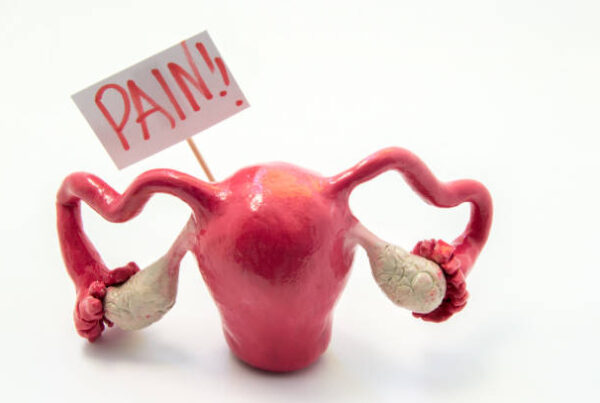Understanding Early Pregnancy Discharge: What You Need to Know
Introduction
Early pregnancy discharge can be a confusing topic for many expectant mothers. Understanding what is normal and when to be concerned is crucial for peace of mind and ensuring a healthy pregnancy journey. In this comprehensive guide, we’ll delve into the intricacies of early pregnancy discharge, covering everything from its causes to when it warrants medical attention.
What is Early Pregnancy Discharge?
Early pregnancy discharge refers to the vaginal discharge experienced by women shortly after conception. This discharge is often white or milky in appearance and is typically odorless. It occurs due to hormonal changes in the body, particularly an increase in estrogen and progesterone levels.
Common Causes of Early Pregnancy Discharge
Several factors contribute to early pregnancy discharge, including hormonal changes, increased blood flow to the pelvic area, and the formation of the mucus plug. Additionally, the cervix produces more mucus during pregnancy to create a protective barrier against infections.
Signs of Normal Early Pregnancy Discharge
Normal early pregnancy discharge is usually white or clear and may have a slightly sticky or milky consistency. It should not have a strong odor or cause any itching or irritation. As long as the discharge is mild and not accompanied by other symptoms such as pain or fever, it is likely normal.
When to Seek Medical Advice
While early pregnancy discharge is often harmless, certain symptoms warrant medical attention. If the discharge is accompanied by itching, irritation, a foul odor, or changes in color (such as green or yellow), it could indicate an infection and should be evaluated by a healthcare provider.
Managing Early Pregnancy Discharge
Managing early pregnancy discharge involves maintaining good hygiene practices, wearing breathable cotton underwear, and avoiding harsh soaps or douches that could disrupt the natural pH balance of the vagina. It’s essential to stay hydrated and eat a balanced diet to support overall vaginal health.
Read More: Identifying and Managing the Signs of Miscarriage
Frequently Asked Questions
Q: Is it normal to have early pregnancy discharge?
A: Yes, it’s normal to experience mild vaginal discharge in early pregnancy due to hormonal changes.
Q: How can I differentiate between normal discharge and an infection?
A: Normal discharge is typically odorless and white or clear in color. If you notice any unusual odor, color changes, or itching, consult your healthcare provider.
Q: Can early pregnancy discharge indicate a problem?
A: In some cases, changes in discharge could indicate an infection or other underlying issue. It’s essential to pay attention to any changes and seek medical advice if concerned.
Q: Should I be worried if I have spotting along with early pregnancy discharge?
A: Spotting can sometimes accompany early pregnancy discharge, especially around the time of implantation. However, if the spotting is heavy or accompanied by severe cramping, it’s important to seek medical evaluation.
Q: How can I prevent infections during pregnancy?
A: To reduce the risk of infections, practice good hygiene, wear breathable underwear, and avoid using harsh soaps or douches. Attend all prenatal appointments and promptly address any concerns with your healthcare provider.
Q: Can stress affect early pregnancy discharge?
A: Stress can impact hormone levels in the body, which may indirectly affect vaginal discharge. However, stress alone is unlikely to cause significant changes in discharge unless accompanied by other factors.
Conclusion
In summary, anticipating moms must comprehend early pregnancy discharge in order to confidently traverse their pregnant experience. While variations in vaginal discharge are usual in the early stages of pregnancy, it’s important to distinguish between normal discharge and possible issues. Expectant moms may guarantee a healthy and happy pregnancy experience by practicing excellent hygiene, monitoring any changes in discharge, and seeking medical guidance when needed. Never forget that your healthcare practitioner is available at every stage to provide advice and assistance. With confidence and optimism, embrace the adventure, knowing that you have the knowledge to overcome any obstacles that may come your way.





